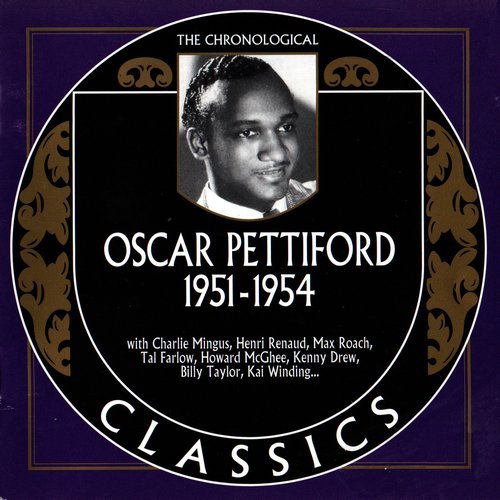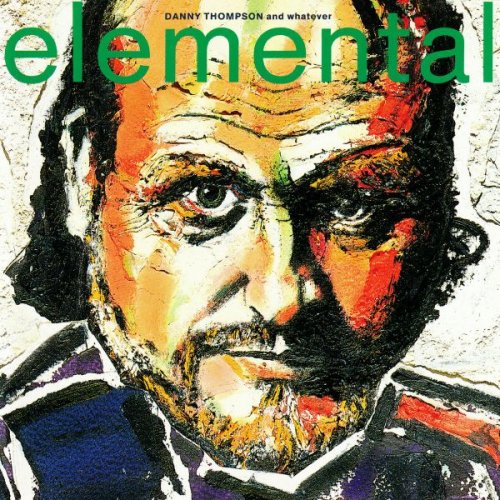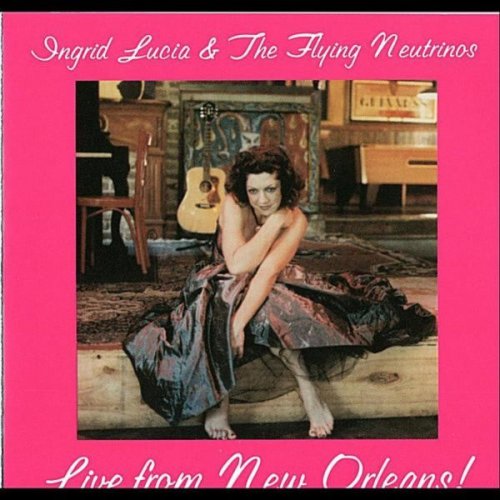Oscar Pettiford - The Chronological Classics: 1951-1954 (2005)

Artist: Oscar Pettiford
Title: The Chronological Classics: 1951-1954
Year Of Release: 2005
Label: Classics[1409]
Genre: Jazz, Bop
Quality: FLAC (tracks + scans)
Total Time: 74:12
Total Size: 189 MB(+3%)
WebSite: Album Preview
TracklistTitle: The Chronological Classics: 1951-1954
Year Of Release: 2005
Label: Classics[1409]
Genre: Jazz, Bop
Quality: FLAC (tracks + scans)
Total Time: 74:12
Total Size: 189 MB(+3%)
WebSite: Album Preview
01. Swingin' 'Til the Girls Come Home (2:52)
02. Bei mir bist du schoen (3:03)
03. Cello Again (2:38)
04. Ah-Dee-Dong Blues (Oriental Cello Blues) (2:32)
05. Sonny Boy (2:55)
06. I'm Beginning to See the Light (2:53)
07. Too Marvelous for Words (3:06)
08. Monti Cello (2:28)
09. In a Cello Mood (3:22)
10. Blues in the Closet (3:16)
11. Tamalpais (3:56)
12. The Pendulum at Falcon's Lair (4:46)
13. Jack the Fieldstalker (4:36)
14. Stockholm Sweetnin' (4:16)
15. Low and Behold (3:30)
16. Burt's Pad (9:45)
17. Marcel the Furrier (6:00)
18. Ondine (3:10)
19. Stardust (5:08)
In 2006. a survey of recordings made during the years 1951-1954 by groups under the leadership of bassist, cellist, and composer Oscar Pettiford was released as part of the Classics Chronological Series. During this period, Pettiford was making history as one of the very first improvising cellists in jazz. Swingin' ‘Til the Girls Come Home and "Bei Mir Bist du Schon" were recorded under the supervision of Leonard Feather on April 28, 1951 for Mercer Records, the label named for Duke Ellington's son. The sextet, billed as Oscar Pettiford, His Cello and Orkette, included trumpeter Howard McGhee, vibraphonist Joe Roland (whose other specialty was scoring bop charts for string ensembles à la Charlie Parker with Strings); pianist Kenny Drew, bassist Tommy Potter, and drummer Art Taylor. Arrangements were provided by Quincy Jones. During the summer of 1951, Pettiford worked with bands led by Jimmy Mundy, Wynton Kelly, and Budd Johnson. In the autumn he assembled a six-piece unit for a series of USO shows (this was during the Korean War) in New Jersey, New York, Japan, Korea, and various islands in the Pacific. In late 1951/early 1952, the group was recorded live in Guam. Those recordings, which include interpretations of older traditional standards played by the young boppers, were subsequently released under Howard McGhee's name, and are not included here. On February 21, 1952 Pettiford recorded again with his cello, now backed by bassist Charles Mingus, pianist Billy Taylor, and drummer Charlie Smith. As if to signal that this was not Pettiford's maiden voyage using the violoncello, one of the pieces was titled "Cello Again." Over the next several months, Pettiford would operate as a member of the Beryl Booker Trio, the Miles Davis Sextet, the Billy Taylor Quartet, and a unit led by pianist George Wallington. He also engaged in collective improvisations with Mary Lou Williams and Kenny Clarke at the Downbeat, where nobody recorded what must have been a series of remarkable experiments in early modern jazz.
In February 1953, Pettiford joined the Duke Ellington orchestra, replacing Charles Mingus, who was fired after tussling with valve trombonist Juan Tizol in front of a live audience. While swiftly becoming an important ingredient in Duke's ensemble, Pettiford sat in with Bud Powell and Roy Haynes at Birdland. After playing the Apollo Theater with Duke, he toured with the Ellington orchestra to Albuquerque and Pasadena. While in Los Angeles in June of 1953, he recorded his masterpiece "Blues in the Closet" and three other numbers with his All-Stars, a quintet which featured himself and Harry Babasin on celli. After gigging with Wardell Gray in August and September, Pettiford joined a Norman Granz package tour with Ellington. On December 29, 1953 the New Oscar Pettiford Sextet cut five tracks for the Mingus/Roach-owned and operated Debut label, again featuring the leader on cello, with Julius Watkins blowing French horn, Phil Urso on tenor sax, and a rhythm section of Walter Bishop, Charles Mingus, and Percy Brice. Quincy Jones wrote the arrangements for "Tamalpais Love Song" (later shortened to "Tamalpais") which featured Pettiford on the bass, and Quincy's own "Stockholm Sweetnin'." Pettiford began the year 1954 sitting in with a small band led by Illinois Jacquet's big brother, trumpeter Russell Jacquet. On March 21, Pettiford, the trailblazing jazz cellist, recorded six titles (four of which are included here) for the Vogue label with tenor saxophonist Al Cohn, trombonist Kai Winding, guitarist Tal Farlow, bassist Henri Renaud, and drummer Max Roach. The producers of the Classics Chronological Series are to be commended for having assembled these cello-centered recordings of Oscar Pettiford on one album for all to enjoy and learn from.
![Mammal Hands - Circadia (2026) [Hi-Res] Mammal Hands - Circadia (2026) [Hi-Res]](https://www.dibpic.com/uploads/posts/2026-02/1771945393_folder.jpg)






![Joe Pass - Virtuoso (1974) [2025 DSD256] Joe Pass - Virtuoso (1974) [2025 DSD256]](https://www.dibpic.com/uploads/posts/2026-02/1771609997_ff.jpg)
